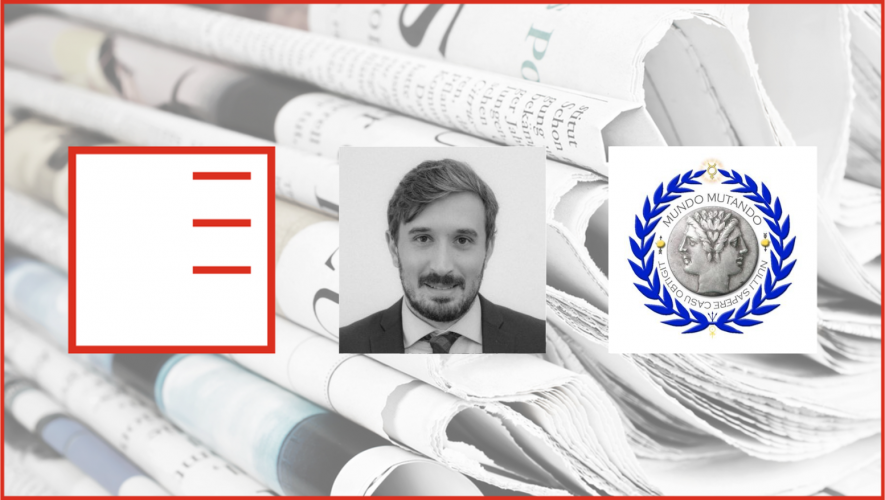The Economic Standard: Může transatlantický vztah přežít věk Realpolitiku?
Náš Martin Michelot napsal článek pro The Economic Standard se zaměřením na otázku: „Může transatlantický vztah přežít věk Realpolitiku?“
In the realm of NATO, transatlantic unity seems to be at a low-point on future challenges and the functioning of the institutions, but does not distract from the fulfillment of the already agreed-upon commitments in territorial defense and collective security. These two elements seems to run parallel, which is positive in the short-term, but less for the long term vitality of the institution. At this point, it seems clear that NATO will not be the right place through which countries can communicate their ambitions for European defense, given the heated exchanges that have taken place between the EU and US regarding ongoing European initiatives, especially the European Defense Fund and issues of market access.The tensions that exist because of this agenda also have repercussions on EU unity, which is much less visible at the NATO level than it is in the EU, given that certain Allies have gotten even closer to the US in order to preserve their immediate security interests. There are therefore parallel tensions at the transatlantic level but also at the level of European allies, making any agreement on future priorities for NATO harder to reach.There is a also the added question of what role the UK will play in this conundrum: its forced reprioritization of NATO, and (yet) uncertain future engagement in EU defense structures, makes it an even closer ally of the US, especially if the need for a trade deal with the US manifests itself, thereby giving the US more leverage on influencing the UK’s policy positions within NATO – on a potential European pillar, for example.
Celý článek můžete najít zde.
#Transatlantický vztah
Martin Michelot
Výzkumný spolupracovník
Výzkumný spolupracovník
Expertiza: NATO and transatlantické vztahy, evropská obranná a bezpečnostní politika, francouzská politika, volební procesy a sociální otázky, skupina Visegrád a CEE, institucionálné otázky EU
Související články
Institut pro evropskou politiku EUROPEUM
Staroměstské náměstí 4/1
Praha 1 - Staré Město
110 00
tel.: +420 212 246 552
email: europeum@europeum.org
https://www.europeum.org
Staroměstské náměstí 4/1
Praha 1 - Staré Město
110 00
tel.: +420 212 246 552
email: europeum@europeum.org
https://www.europeum.org

